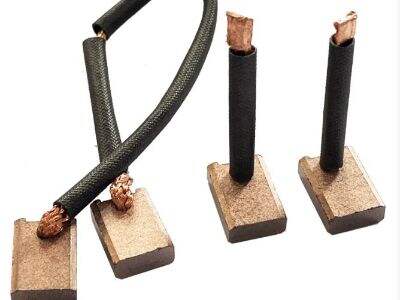Are you a fan of gear, especially drills? If you did, this article is for you then. Today I am going to explain two types of drills that you may hear: Cordless Drills and Corded Drill. Do not worry, if you do not understand this vocabulary yet — we will explain it all as simple and easy that it get.
Per why people prefer Cordless Drills
I graduated to cordless drills brush by DL when they first became available and eventually gave away my old hand-powered drill which had served me well in my youth. You see, they are compact, so you can easily travel with them. One of the most convenient features is that you never have to look for a plug in order to be able to use them. This way, you do not have to look for a plug all over your garage or on your backyard in order to get something drilled- you just grab the cordless drill and start working.
Another awesome thing about the best cordless drills is their ease of use. You will not have to put up with the frustration of entangling cords and get frustrated with cleaning them. For you active folks, this means you can work and move freely without worry of tripping over your cords.
Even though these drills are quite a bit more powerful, they likewise have some very strong batteries. It means you can work on your projects for a long time without running out of battery. They are also lightweight and portable and so they can be taken around the house for little odd jobs like DIY shelf or screw in fixings. Cordless drills are an excellent choice, whether you are completing small projects in your house or taking on a much larger job.
Which is More Powerful?
Which brings us to corded drills. Since they simply plug into the wall, their power drills tend to be stronger than cordless. This makes them more powerful and quicker to run than cordless drills. Power — this is important because it helps in turning the drill bit so it can do its job. That means if you have a job to get done and it is a tough one — metal, concrete or brick drilling— then the corded drill are you answer.
On the other hand, using a corded drill means it will have one disadvantage. Both of them are tethered to a power outlet, and therefore nowhere near as portable. They plug in, so you can't really move these easily. Corded drills are also heavier than cordless ones. The extra weight means these tools can become uncomfortable after a while, particularly if you have a large project to finish.
Consideration Before Purchase
Some important factors you should consider to ensure that you get the right drill for your needs before rushing out and purchasing one. The very first thing to take into account is what kind of projects the course leans towards. You doing a little light work around the house or are you trying to find something for some heavy-duty duty? So, it best suits the consumers who are just home fixers and occasional DIY doer. But, if you are a professional contractor, or plan to tackle some hardcore construction projects, you would be needing a corded drill for all the extra power it offers.
Also important to note is the drill chuck size. The chuck is what you use to keep the drill bits in place. This is important because it dictates how large a bit you can use. Because corded drills can be physically bigger, their chucks tend to be larger — sometimes as much as 1/2 inch or more — than the 3/8-inch chuck that's common on many cordless models. That means you can run larger drill bits with a corded drill easier while working tougher projects.
Corded vs. Cordless Drills
Carbon Brushes A bit of a misnomer in both types, drills technically operate using something known as carbon brush. Carbon brushes are little bits that allow the power to flow from your cordless drill battery or corded drill wall socket into the motor.
These are plugged into a wall and can be used continuously for as long as they are being powered. In other words, you will never run out of power. Cordless drills, on the other hand need their batteries to work. you can then reduce the head but you require something to slow them down with also a battery will essential last you 2-4 weeks and afterward, they it is back on charge. Why having a second battery ready to go when you are working with a cordless drill and Starter Carbon Brush can be so helpful.
Corded drills are normally more reliable as they do not need a battery to run. But they can be more difficult to move, and you need to be careful in using them since they are power-connected. Power Tool Carbon Brush are scary things, if you don't know what the hell you're doing with mains electrics. A cordless drill, in contrast is also easy to handle and safe but you will need to make sure the batteries are charged before you start working.
What Type of Drill Is Right for you and your Projects?
Now that you know the differences between these two types of drills, let us identify the best one for various projects.
When it comes to home projects around the house, whether hanging pictures or curtains, basic repairs like a loose doorknob or even just tightening some bolts the cordless drill is perfect. They are light, manageable to hold and have power enough to complete these little jobs even at hand.

 EN
EN
 AR
AR
 FR
FR
 DE
DE
 IT
IT
 PL
PL
 PT
PT
 RU
RU
 ES
ES
 ID
ID
 UK
UK
 VI
VI
 TH
TH
 TR
TR
 FA
FA
 MS
MS
 BN
BN

